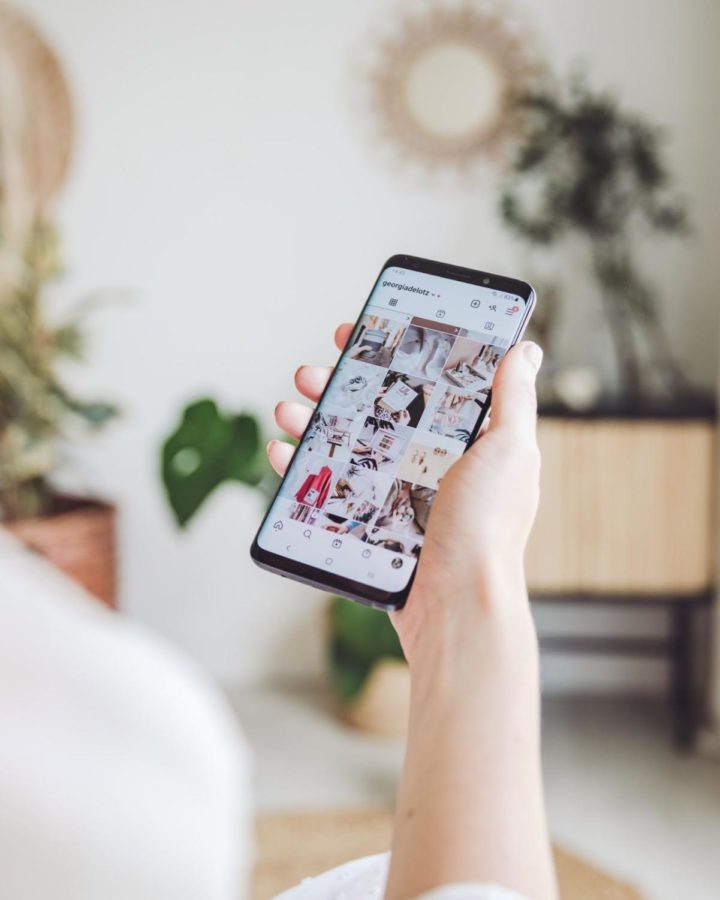The Potential Negative Impacts of Social Media Consumption Amongst the Young
Social media can have a negative impact upon children.
Instagram is one of the most used social media platforms in the world, with over one billion active users. Over 37 percent of these users are younger than 25, the age where the rational part of a brain becomes fully developed.
When opening popular social media apps like TikTok and Instagram, you are most likely to be met with posts showing social media’s unrealistic beauty standards — a defined face shape, chiseled jawline, small nose, trendy clothing, or natural makeup, for example. While adults on these platforms are less likely to think deeply about these posts, teenagers and younger children are more susceptible to these media platform’s negative influences.
The COVID-19 pandemic has drastically affected kids’ and teens’ social media usage. With many students quarantining for months at home, they had little choice but to turn to social media to escape their boredom. A recent survey conducted by Statista Research Department found that in the year 2020, the average time that users in the United States spent on social media on a daily basis increased from 56 to 65 minutes. Some of this interaction was positive, however. For instance, Humaira Chowdhury ’24 said that using social media allowed her to find a way around the feelings of loneliness due to quarantine last year. “I got to interact with my friends much more during quarantine last year, which helped me to maintain positive mental health.”
While social media does serve as an outlet for kids to communicate with their friends, their exposure to harmful posts can be extremely detrimental to their self-confidence and perception of themselves. Many teenagers claim that social media has caused them to compare themselves to others, often resulting in insecurities and self-doubt. “I tend to compare myself to unrealistic images that other people have embellished on social media. It can be a huge distraction and sometimes, I get dissatisfied with my appearance,” said Suri Lin ’24.
Research shows that teens and young children are especially vulnerable to social media platforms. Because of this, many people believe that bans should be placed, limiting young children’s social media usage. “I believe that social media exposes children to many images which could have a negative impact on them. Especially for younger children, this could be harmful,” said Chowdhury.
A recent survey that I conducted amongst Bronx Science students revealed that 75 percent of them who use two or more social media platforms said that it has affected their perception of themselves, negatively. “Sometimes it impacts me negatively because I compare myself to others and feel that they’re better than me somehow,” said Ena Lu ’24. Younger children especially are more likely to have their perceptions of themselves affected.
As more children become exposed to social media and newer ways of sharing ideas and messages are introduced, it is important to be mindful of the ways in which you are effected by posts on social media, as well as how your posts effect others.
Research shows that teens and young children are especially vulnerable to social media platforms.
Grace Mao is a Managing Editor for 'The Science Survey,' where she edits her peers’ articles across various sections before they are published online....











